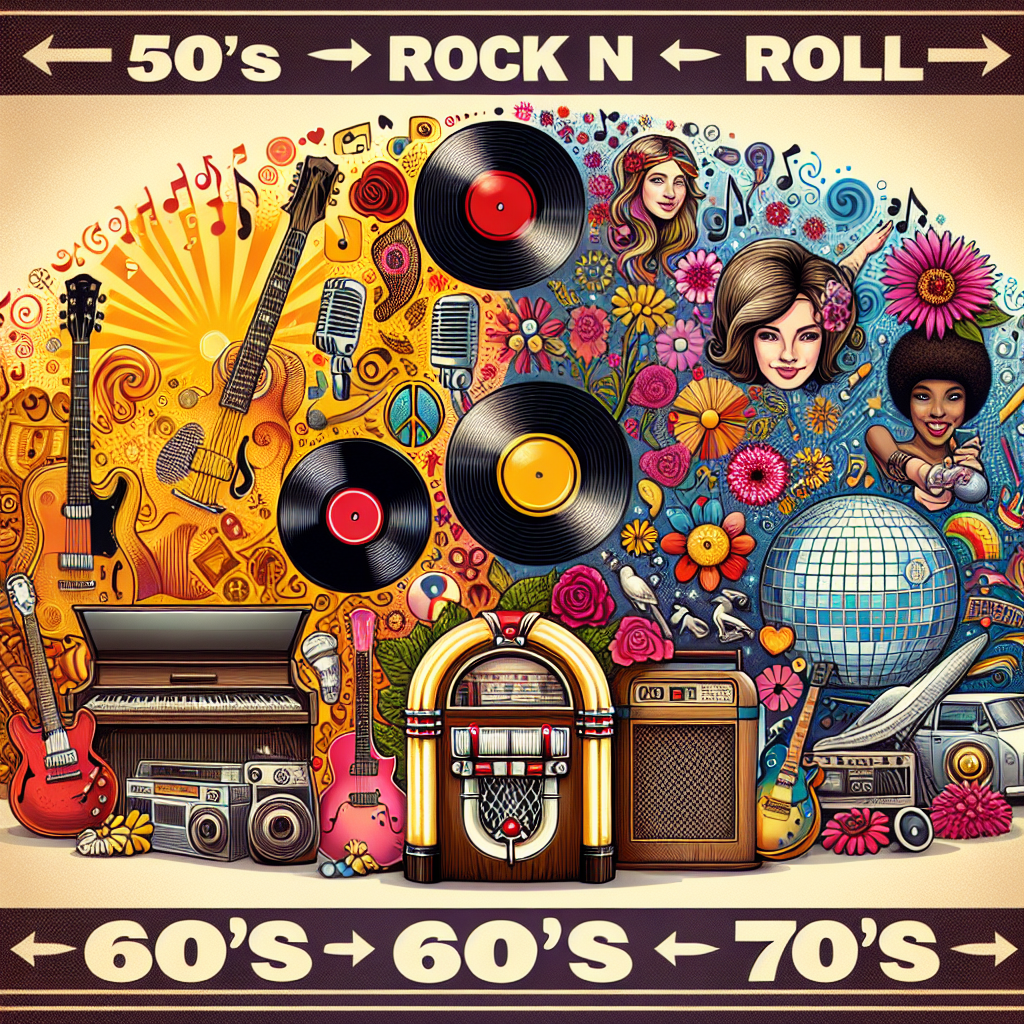Music has always played a significant role in shaping culture throughout history. In the 1950s, 60s, and 70s, music had a revolutionary impact on society, influencing not only the way people dressed and behaved but also their political beliefs and attitudes towards technology.
During these decades, musicians such as Elvis Presley, The Beatles, Bob Dylan, and Jimi Hendrix emerged as cultural icons whose music transcended boundaries and connected with people from all walks of life. Their songs reflected the changing social landscape of the time, addressing issues such as civil rights, war, and peace.
Politicians also recognized the power of music in mobilizing support for their causes. Campaign rallies often featured popular songs that resonated with voters and helped convey the candidate’s message. Music became a tool for politicians to connect with young people and tap into the energy of the counterculture movement.
Furthermore, fashion trends in the 50s, 60s, and 70s were heavily influenced by music. Rock ‘n’ roll gave rise to rebellious styles such as leather jackets and skinny jeans, while hippie culture popularized tie-dye shirts and bell-bottom pants. Musicians became fashion icons whose outfits were emulated by fans around the world.
Advancements in technology also played a crucial role in shaping music during this time period. The invention of electric guitars and amplifiers revolutionized the sound of rock ‘n’ roll, while innovations in recording equipment allowed artists to experiment with new sounds and techniques. The rise of radio and television also helped popularize music by giving artists a platform to reach a wider audience.
Overall, music in the 50s, 60s, and 70s had a profound impact on culture by challenging societal norms and pushing boundaries. It provided a voice for marginalized groups and inspired social change through its powerful lyrics and melodies. Musicians used their platform to address pressing issues facing society and encouraged listeners to think critically about the world around them.
In conclusion, music from these decades continues to resonate with audiences today due to its timeless themes and universal appeal. It serves as a reminder of the transformative power of art in shaping culture and inspiring change. As we look back on this era of revolutionary sounds, let us celebrate the artists who paved the way for future generations to express themselves creatively through music.


Get involved!
Comments